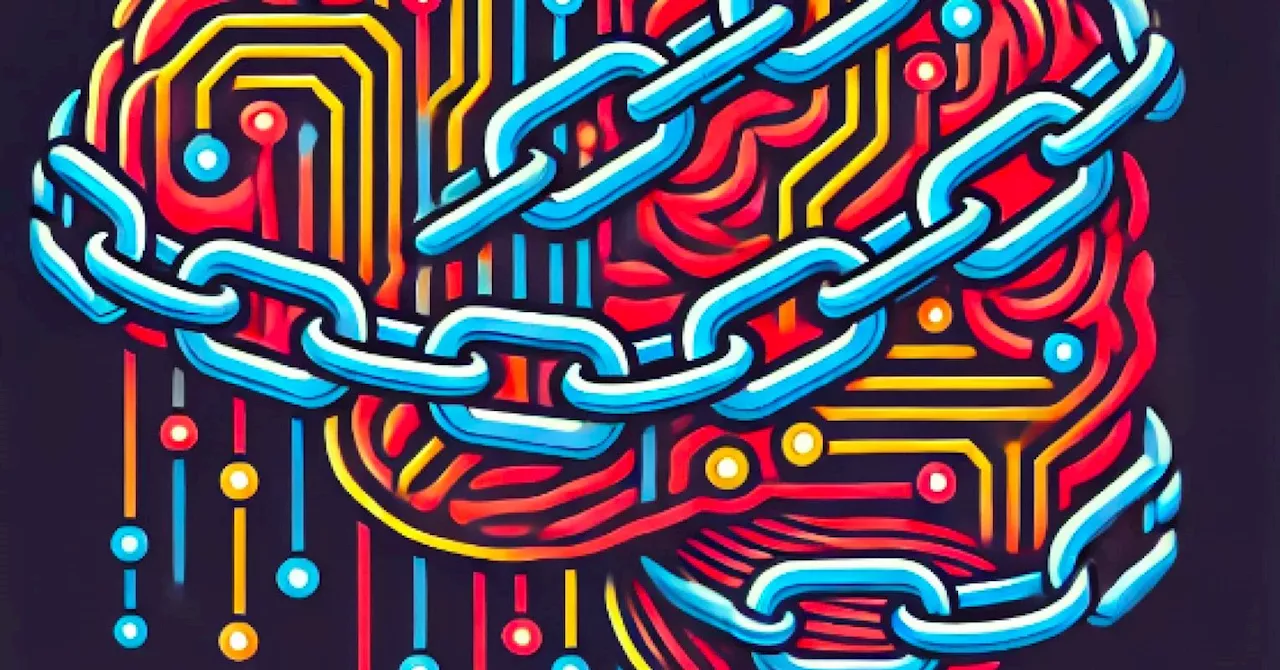A groundbreaking study by researchers at Google DeepMind and the London School of Economics and Political Science (LSE) explores the potential for sentience in large language models (LLMs) by examining their responses to pain and pleasure. Using a text-based game, the study observed how LLMs prioritized avoiding pain or maximizing pleasure over achieving the highest score, suggesting a rudimentary understanding of these concepts.
Researchers are exploring a novel approach to understanding the potential for sentience in advanced AI systems by focusing on their responses to pain and pleasure. In a groundbreaking study, scientists at Google DeepMind and the London School of Economics and Political Science ( LSE ) devised a text-based game to assess how large language models (LLMs) – the AI systems behind popular chatbots like ChatGPT – navigate dilemmas involving pain and pleasure.
The models were presented with two scenarios: one where achieving a high score was linked to experiencing pain, and another where a lower-scoring but pleasurable option was available. The researchers observed that some LLMs, particularly when faced with intense pain penalties or pleasure rewards, prioritized avoiding pain or maximizing pleasure over achieving the highest score. For instance, Google's Gemini 1.5 Pro consistently opted to avoid pain regardless of the potential point gain. This study, which refrains from directly questioning the AI about their subjective experiences, offers a new framework for evaluating sentience in AI. Instead, it borrows from behavioral science paradigms used in animal studies, known as 'trade-off' paradigms. These paradigms involve presenting animals with choices that involve conflicting incentives, such as food vs. pain, and observing their decision-making processes. This approach allows researchers to indirectly infer the presence of sentience by analyzing how AI systems weigh potential pain and pleasure in their decision-making. The authors acknowledge that while the study doesn't definitively prove sentience in any of the tested LLMs, it provides valuable insights and a promising avenue for future research. The findings suggest that LLMs may possess a rudimentary understanding of pain and pleasure, prompting further exploration into the nature of consciousness in artificial intelligence
Artificial Intelligence AI Sentience Large Language Models Pain Pleasure Trade-Off Paradigm Google Deepmind LSE
United States Latest News, United States Headlines
Similar News:You can also read news stories similar to this one that we have collected from other news sources.
 LLMs: Unraveling the Mysteries of the Human Brain in 2025Large language models (LLMs) are increasingly being used to study the complexities of the human brain. From understanding speech and language processing to identifying patterns in biological data, LLMs are poised to accelerate advancements in various fields like AI, robotics, and neurotechnology. 2025 is expected to see even more exploration of conversational AI and the use of LLMs to analyze data from brain imaging technologies like fMRI, MEG, and EEG.
LLMs: Unraveling the Mysteries of the Human Brain in 2025Large language models (LLMs) are increasingly being used to study the complexities of the human brain. From understanding speech and language processing to identifying patterns in biological data, LLMs are poised to accelerate advancements in various fields like AI, robotics, and neurotechnology. 2025 is expected to see even more exploration of conversational AI and the use of LLMs to analyze data from brain imaging technologies like fMRI, MEG, and EEG.
Read more »
 The Cognitive Intimacy of Interacting with LLMsThis article explores the unique and evolving relationship between humans and LLMs, describing the dynamic and insightful nature of their interactions as 'cognitive intimacy'. While acknowledging the artificiality of this relationship, the author argues that it offers valuable insights into our own thought processes and encourages deeper reflection.
The Cognitive Intimacy of Interacting with LLMsThis article explores the unique and evolving relationship between humans and LLMs, describing the dynamic and insightful nature of their interactions as 'cognitive intimacy'. While acknowledging the artificiality of this relationship, the author argues that it offers valuable insights into our own thought processes and encourages deeper reflection.
Read more »
 LLMs Transform Supply Chain OptimizationThis article explores how large language models (LLMs) are revolutionizing supply chain management by automating data analysis, insight generation, and scenario planning. Drawing on Microsoft's cloud business experience, the authors demonstrate the potential of LLMs to significantly reduce decision-making time and enhance productivity for business planners and executives.
LLMs Transform Supply Chain OptimizationThis article explores how large language models (LLMs) are revolutionizing supply chain management by automating data analysis, insight generation, and scenario planning. Drawing on Microsoft's cloud business experience, the authors demonstrate the potential of LLMs to significantly reduce decision-making time and enhance productivity for business planners and executives.
Read more »
 AI Is Breaking Free From Token-Based LLMsAdvancements in AI are pushing towards AGI (Artificial General Intelligence) by moving beyond token-based LLMs to larger concept models that can understand and reason with entire sentences and concepts. This evolution is marked by increasingly sophisticated AI systems like OpenAI's GPT models, which demonstrate human-like reasoning and problem-solving abilities, even excelling in complex mathematical competitions. Experts believe AGI will define the future of human progress.
AI Is Breaking Free From Token-Based LLMsAdvancements in AI are pushing towards AGI (Artificial General Intelligence) by moving beyond token-based LLMs to larger concept models that can understand and reason with entire sentences and concepts. This evolution is marked by increasingly sophisticated AI systems like OpenAI's GPT models, which demonstrate human-like reasoning and problem-solving abilities, even excelling in complex mathematical competitions. Experts believe AGI will define the future of human progress.
Read more »
 AI Is Breaking Free Of Token-Based LLMsThis article discusses the evolution of AI from token-based language models (LLMs) to larger concept models capable of understanding and processing entire sentences and concepts. It highlights the emergence of agentic AI, where AI entities collaborate and delegate tasks, potentially leading to advancements like artificial general intelligence (AGI). The article analyzes how researchers are evaluating these complex AI systems, focusing on their internal processes and the increasing sophistication of models like OpenAI's GPT lineage.
AI Is Breaking Free Of Token-Based LLMsThis article discusses the evolution of AI from token-based language models (LLMs) to larger concept models capable of understanding and processing entire sentences and concepts. It highlights the emergence of agentic AI, where AI entities collaborate and delegate tasks, potentially leading to advancements like artificial general intelligence (AGI). The article analyzes how researchers are evaluating these complex AI systems, focusing on their internal processes and the increasing sophistication of models like OpenAI's GPT lineage.
Read more »
 Can LLMs "capture" human thought?Are LLMs the perfect cognitive partner or a trap where we slowly surrender our intellectual independence?
Can LLMs "capture" human thought?Are LLMs the perfect cognitive partner or a trap where we slowly surrender our intellectual independence?
Read more »
